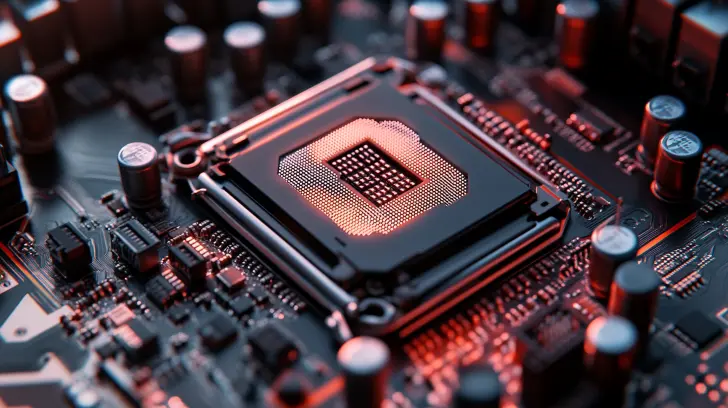Intel (NASDAQ: INTC) may be bracing for potential challenges from activist investors, according to a recent CNBC report. The company has reportedly enlisted advisors, including Morgan Stanley, as CEO Pat Gelsinger seeks to steer the embattled chipmaker back on track.
While Intel has previously encountered activist investors, the report notes that there is currently no confirmed campaign underway, and it remains unclear whether any activist investor has approached the company’s board.
Bernstein analysts commented on the situation, saying, “When your stock is down 57% year-to-date, peers are experiencing market cap growth, dividends have been suspended, and investors are repeatedly disappointed, it’s natural to start watching your back.”
Despite Intel’s history of working with activist shareholders, analysts are questioning what an activist could do to help turn the company around. They point out that Intel has already made significant cost reductions and cut its workforce under Gelsinger’s leadership, making further cost-cutting unlikely as a primary focus for any activist intervention.
Additionally, the analysts are skeptical about the viability of a capital return strategy, noting that Intel has halted dividend payments and currently lacks the flexibility to repurchase shares. They acknowledge that spinning off Intel’s struggling manufacturing business could unlock value, but caution that such a move could face opposition from government and private equity stakeholders involved in Intel’s manufacturing expansion.
However, one area where an activist might make a difference is in improving communication with investors. The analysts emphasize that Intel has frequently set overly optimistic expectations, leading to repeated investor disappointment. Enhanced communication could help stabilize the stock and establish clearer milestones as the company navigates what could be another challenging year or more.
“At the same time, Intel can reassure investors that CPUs are still essential, even as the company loses market share to AMD (NASDAQ: AMD) in servers and as GPUs gain prominence over CPUs,” the analysts added.
While this might not be the most aggressive activist strategy, it could help put a floor under the stock and provide a clearer path forward.
As for the stock’s outlook, Bernstein analysts suggest that while the downside may be limited, the road to a significant turnaround remains uncertain and unlikely to materialize in the near term. Intel faces considerable challenges in hitting its ambitious targets, remains behind competitors like TSMC, and lacks strong momentum in critical areas such as AI and its CPU segment.

